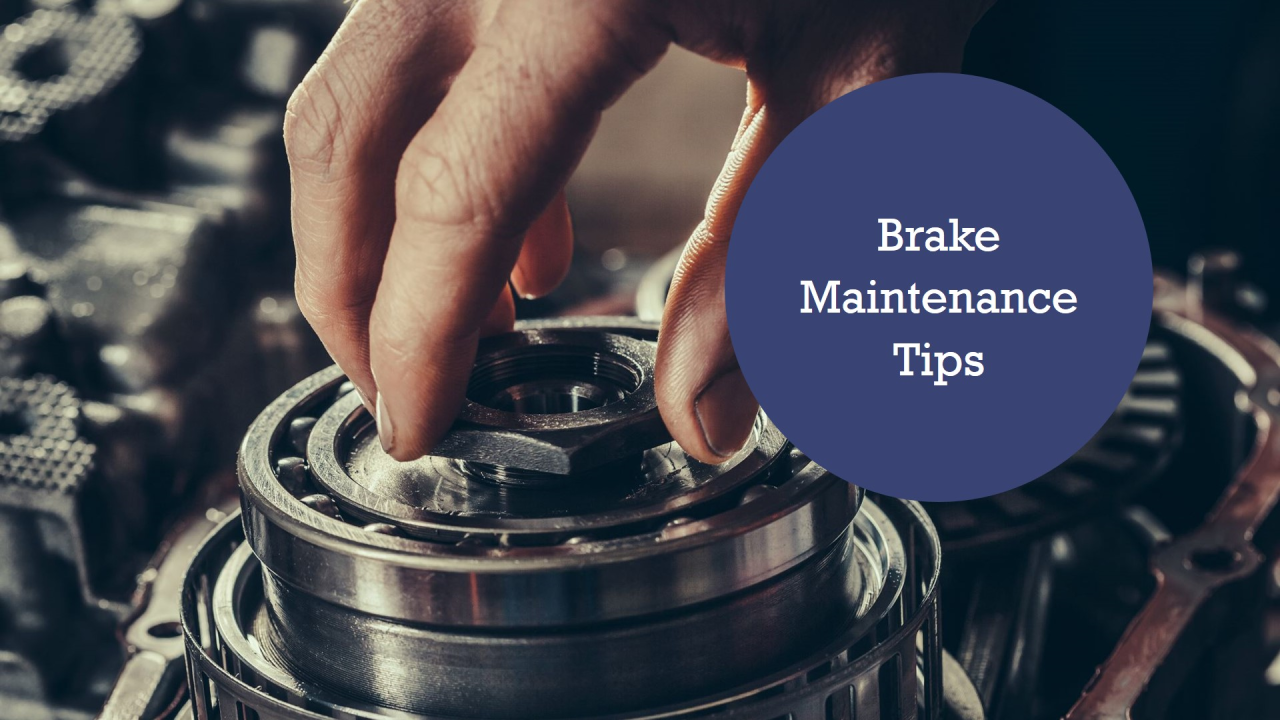Your vehicle’s brake system is one of its most critical safety features. Proper maintenance of this system not only ensures your safety but also enhances the lifespan and performance of your car. Here’s what you need to know about brake system maintenance and how to keep your brakes in top condition.
Why Brake Maintenance Is Important
The braking system is responsible for slowing down or stopping your vehicle when necessary. A well-maintained system ensures optimal stopping power, reduces the risk of accidents, and minimizes wear and tear on components. Neglecting brake maintenance can lead to decreased efficiency, increased repair costs, and potential safety hazards.
Key Components of a Brake System
Understanding the basic components of your vehicle’s brake system can help you identify potential issues:
- Brake Pads: These create friction with the brake rotors to slow down the wheels.
- Brake Rotors (or Discs): These are the surfaces that the brake pads press against.
- Brake Calipers: These house the brake pads and press them against the rotors.
- Brake Lines and Hoses: These carry hydraulic fluid to the brake components.
- Brake Fluid: This transmits force from the brake pedal to the calipers.
Signs Your Brakes Need Attention
Pay attention to these warning signs that indicate your brakes may need servicing:
- Squeaking or Squealing Noises: This often indicates worn brake pads.
- Vibrations When Braking: Warped rotors may cause this issue.
- Spongy Brake Pedal: This may point to air in the brake lines or low brake fluid levels.
- Longer Stopping Distances: This is a clear sign that your braking efficiency has decreased.
- Dashboard Warning Light: Some vehicles have sensors that alert you when there’s a problem with the brakes.
How to Maintain Your Brake System
Follow these steps to keep your brake system in excellent condition:
- Regular Inspections: Have your brakes checked by a professional at least once a year or as recommended in your vehicle’s owner’s manual.
- Replace Brake Pads: Change your brake pads when they’re worn down to avoid damaging the rotors.
- Monitor Brake Fluid: Check the brake fluid level and quality regularly. Replace it if it appears dark or contaminated.
- Inspect Brake Lines and Hoses: Look for leaks or cracks that could compromise brake performance.
- Avoid Hard Braking: Sudden and frequent hard braking can accelerate wear on the system.
Professional vs. DIY Maintenance
While some brake maintenance tasks can be performed at home, such as checking brake fluid or replacing brake pads, others require professional expertise. Tasks like rotor resurfacing, brake line repairs, and diagnosing complex issues should be handled by certified mechanics.
Conclusion
Maintaining your brake system is not just about avoiding costly repairs; it’s about ensuring your safety on the road. By staying attentive to warning signs and following a regular maintenance routine, you can keep your vehicle’s brakes in optimal condition. Remember, when it comes to your brakes, it’s always better to be proactive than reactive.

